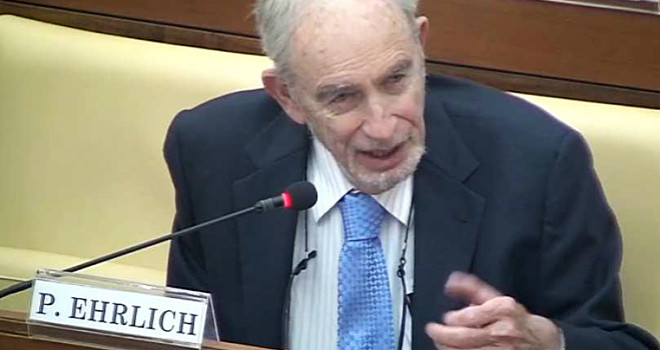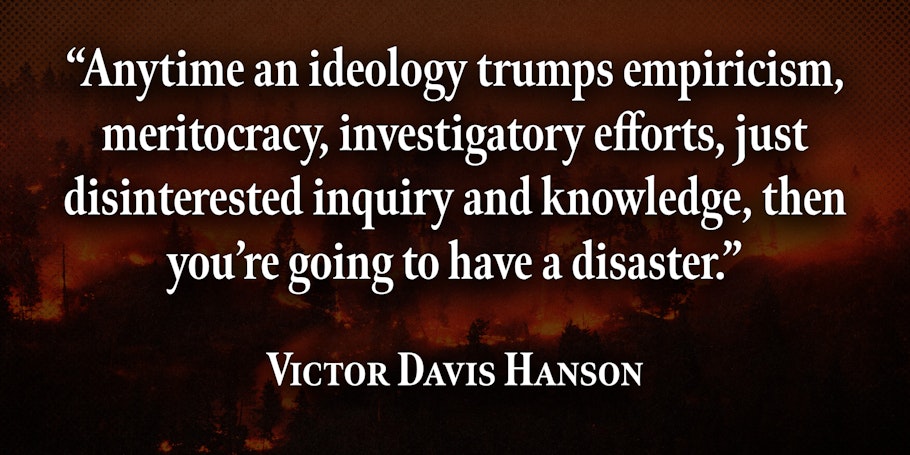Though I was born on a farm, I was raised in small-town Iowa. Thus, I was never a farmer, though my grandfathers were. Several of my aunts, uncles, and cousins formed farming families. I remember seeing, due to mechanization, the size of farms that one family could handle pass in size from a quarter-section, to half-section, often to a full section (640 acres). The average size farm in the United States today is 416 acres, and 88 percent are family owned. A small farm is about 250 acres, a large one about 1400 acres and a very large one just over 2,000 acres. Size no doubt will depend, along with the quality of the soil, on weather, on what is being grown or raised, wheat, corn, soybeans, vegetables, fruit, or cattle.
Almost all of the houses, barns, and buildings on the farms that I knew have long since been torn down and the homestead plot turned back into farm land; or, when they were close enough to a town or city, they were subdivided into residences, businesses, or government buildings. Most of the fences are gone, as are the livestock and chickens in the barnyards. Hogs, poultry, and cattle are now often raised in highly concentrated areas.
I bring this issue up because of a headline in L’Osservatore Romano’s English edition that said: “War and Climate Change Are Causes of Hunger” (October 20, 2017). These words were contained in an address that Pope Francis gave in Rome to the Food and Agricultural Organization (FAO) of the United Nations. Presumably, these two were not thought to be the only causes of hunger, but their emphasis seemed curious. Somehow, I had always associated hunger issues with farming.
But if war is the cause of hunger, as it surely is at times, then the problem is not really a productivity or agricultural problem. If “climate change” is the problem, hunger is not really an economic or know-how problem unless one doggedly thinks climate change to be exclusively a human and not a natural/cosmic phenomenon. Many in fact think that some warming of the Earth would be favorable to increased growing seasons in many areas on the planet. It would thus make more, not less, food available.
“Climate change” has deftly been substituted for the notorious “earth-warming” theory, the facts of which proved so difficult to sustain on the grounds of evidence about whether warming was or was not actually happening. Thus, whether the temperature goes up or down, it is “climate change”; so we can have an ecological crisis with the temperature going either direction. In grammar school in Iowa in my day, much attention was given to the Ice Age, which had once covered the state and, in fact, was one of the reasons for the richness of its black soil. We left grammar school more concerned about freezing to death than of roasting in some future Iowa desert.
In any case, C-Fact (November 8/9) reports that some African NGO’s want to exclude the United States from membership in the UN climate bureaucracy. Other conferences on this climate are currently taking place in Dusseldorf and Bonn in Germany. If we look at the charts, the Earth has been getting warmer or cooler by itself as long as it has existed and long before man arrived on it. Thus far, no one has proposed moving the Sun slightly so that we might cool off, or perhaps freeze. Most of the controversy about “climate change” has to do not with agriculture but with politics wherein some human agent, usually progress, population, or free markets, can be blamed and, as a cure, more power can politically be given to governments to control it.
Contemporary concern about “climate change,” up or down, then justifies governments in their taking more and more control over what we supposedly must do to prevent starvation or exhaustion of resources now and down the ages. It is at this point that ecology becomes quasi-theological. We suddenly find ourselves involved in the grim but presumably noble enterprise of saving people centuries down the ages. This “mission” becomes the main task uniting a planetary people.
The notion of a universal “right” to nourishment, however appealing at first sight, is no doubt a bigger justification for granting ever greater government control of a population than any other in modern times, including Marxism. Ecological tyranny, in the name of the common good, has come to be the real name of modernity. If everyone has the “right” to food, who obviously has the duty to provide it? From this thinking comes the question of how many of us there ought to be, what we can and cannot eat, grow, or foster.
II.
In the United States today, we have about 2.2 million farmers. Less than one percent of the population is responsible for providing food for over three hundred million Americans plus the vast numbers in other lands who benefit from the production of these farms. It almost seems miraculous. One might even maintain, counter-intuitively, that the sure sign of actual hunger is found when a country or an area still has most people farming. All the back to the land movements are admirable but they will never produce what is needed for existing populations to flourish. But that does not mean that the Earth cannot provide for large and healthy populations.
With things like urban farming, advances in grain biology, and even the food delivery systems of an Amazon, the whole picture of what we mean by farming and agriculture is changing. When we think of farming, we think of land, labor, and distribution, no doubt basic things. But at the heart of economics is really the human brain, the real key to wealth in the universe. What is so often left out of our calculations about hunger is the fact that we do not know what entrepreneurship, if it is allowed to function, can do to deal with hunger. The causes of much agricultural innovation were unknown a few decades ago.
The cure to hunger is not the aborting of children on the grounds that they consume too much. This approach reduces the number of mouths to feed by reducing the number of brains available to find a better way to deal with our problems. Population decline and an aging citizenry is not a formula for solving any predicted hunger problem.
Besides the importance of mind, what are also left out of calculations are the spiritual factors, the notions of gift, sacrifice, and generosity. We see the value of such factors most clearly in cases of natural disasters, which bring out initiatives from unexpected places and persons to meet them. They can also, it must be added, bring out the worst: looting, hoarding, and selfishness.
One famous, or infamous, way to prevent starvation is to prevent more and more people from being born. Advocates of reducing world population to a mandatory two or three billion people abound. Some of these advocates (Paul Ehrlich) have actually been seen as lecturers at the Vatican in recent years. The alliance of population control and ecology/environmentalism is not accidental. The purpose of man’s existence on this Earth is not just to keep himself and his kind going in some comfort as long as possible. But this has become the new eschatology where heaven becomes something to be achieved by man in this world. This view provides a substitute for the Christian notion of a transcendent end of man outside of time. It represents a peak of that humanist thinking that replaces basic elements of our Christian heritage.
The world no doubt produces enough food for everyone and in some abundance. One of the most remarkable phenomena in recent decades is in fact the steady economic growth in almost every area of the world where factors that cause growth are allowed to operate. Though often at the cost of massive abortions, the greatest reduction in hunger in human history has already taken place in south Asia. What remains to be accomplished has little to do with war or climate change. Wars of some sort will always be with us. The climate is changing up or down all the time whether we like it or not. Hunger is mainly a political and cultural phenomenon.
What is needed is a willingness to let what we know and can develop about food production and distribution be put into practice in areas of most need. Not infrequently the reason that successful methods to reduce and eliminate hunger will not be employed arises more from religious and philosophic objections than from any inability to employ farming techniques that work. But there is also the even greater danger that, on the principles of a “right” to food, the exercise of this “right” will prove to be the moral justification for complete political control of family, land, production, and the definitions of human needs.
_______________________







